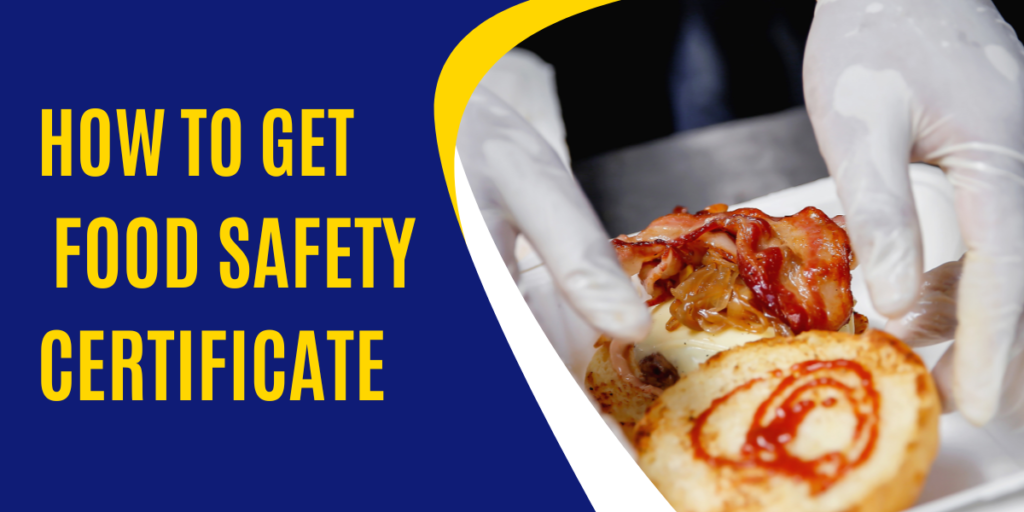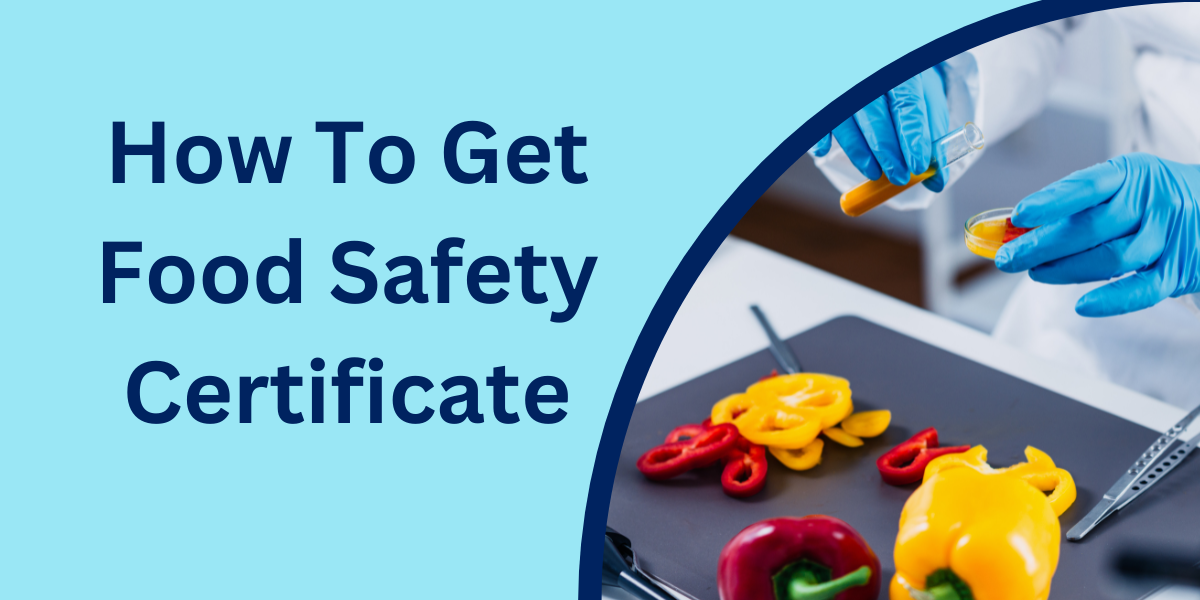How To Get Food Safety Certificate: A Comprehensive Guide
Food safety is of utmost importance in the food industry. Any business that deals with food must comply with regulations to ensure the safety of the food they serve or sell. Obtaining a food safety certificate is one way to demonstrate that your business is committed to maintaining safe and hygienic practices. In this article, we will provide a comprehensive guide on how to get a food safety certificate.
What is a Food Safety Certificate?
A food safety certificate is a document that verifies that a food business has implemented food safety management systems that comply with regulations and industry standards. How To Get Food Safety Certificate It demonstrates that the business has taken steps to prevent food contamination, allergen cross-contact, and other food safety hazards.
Why is a Food Safety Certificate Important?
A food safety certificate is important for several reasons:
- Compliance: Many countries and states require food businesses to obtain a food safety certificate to operate legally.
- Consumer Confidence: A food safety certificate gives customers confidence that their food is safe and free from contaminants.
- Risk Management: Implementing a food safety management system and obtaining a certificate can reduce the risk of foodborne illnesses and legal liability.

Steps to Get a Food Safety Certificate
Determine the Type of Certificate Needed
The first step in obtaining a food safety certificate is to determine the type of certificate needed. There are various types of food safety certificates, including:
- Food Handler Certificate: A food handler certificate is required for all food handlers in some states and countries. It verifies that the food handler has completed basic food safety training.
- Food Manager Certificate: A food manager certificate is required for the person in charge of the food business. It demonstrates that the food manager has completed advanced food safety training and is responsible for implementing a food safety management system.
- HACCP Certificate: HACCP (Hazard Analysis and Critical Control Points) is a systematic approach to identifying and controlling food safety hazards. A HACCP certificate verifies that the business has implemented a HACCP plan.
Choose an Accredited Training Provider
Once you have determined the type of certificate needed, the next step is to choose an accredited training provider. Accredited training providers are approved by regulatory bodies to provide food safety training and issue food safety certificates.
You can find accredited training providers online or by contacting your local health department. Choosing a reputable provider that offers high-quality training and certification is important.
Complete the Training
After choosing an accredited training provider, the next step is to complete the training. The length and format of the training will depend on the type of certificate needed.
Food Handler Certificate: Training is typically a one-day course covering basic food safety principles such as handwashing, temperature control, and preventing cross-contamination.
Food Manager Certificate: Food manager training is more comprehensive and covers advanced food safety principles, such as implementing a food safety management system, identifying hazards, and conducting risk assessments. The training can be completed online or in person and may take several days.
HACCP Certificate: HACCP training is typically a two to three-day course that covers the principles of HACCP and how to develop and implement a HACCP plan.
Pass the Exam
After completing the training, you must pass an exam to obtain the food safety certificate. The exam will test your knowledge of food safety principles and regulations.
The passing score for the exam varies by the training provider and type of certificate. Sometimes, a retest may be allowed if you do not pass the exam on the first attempt.
Receive the Certificate
After passing the exam, you will receive the food safety certificate. The certificate is usually valid for several years and must be renewed before expiration.
Conclusion
Obtaining a food safety certificate is crucial for any food business that wants to demonstrate its commitment to providing safe and hygienic food. By following these steps, you can ensure that your business complies with regulations, and your customers can have confidence in the safety of the food they consume.
It’s important to note that obtaining a food safety certificate is not a one-time event. Food safety practices and regulations are constantly evolving, so it’s important to stay up-to-date with changes and renew your certificate when necessary.
In addition to obtaining a food safety certificate, there are other steps you can take to maintain food safety in your business. These include implementing a food safety management system, conducting regular employee training, and conducting regular audits and inspections to identify and address potential hazards.
By prioritizing food safety in your business, you can create a safe and enjoyable dining experience for your customers while minimizing the risk of foodborne illnesses and legal liability.












